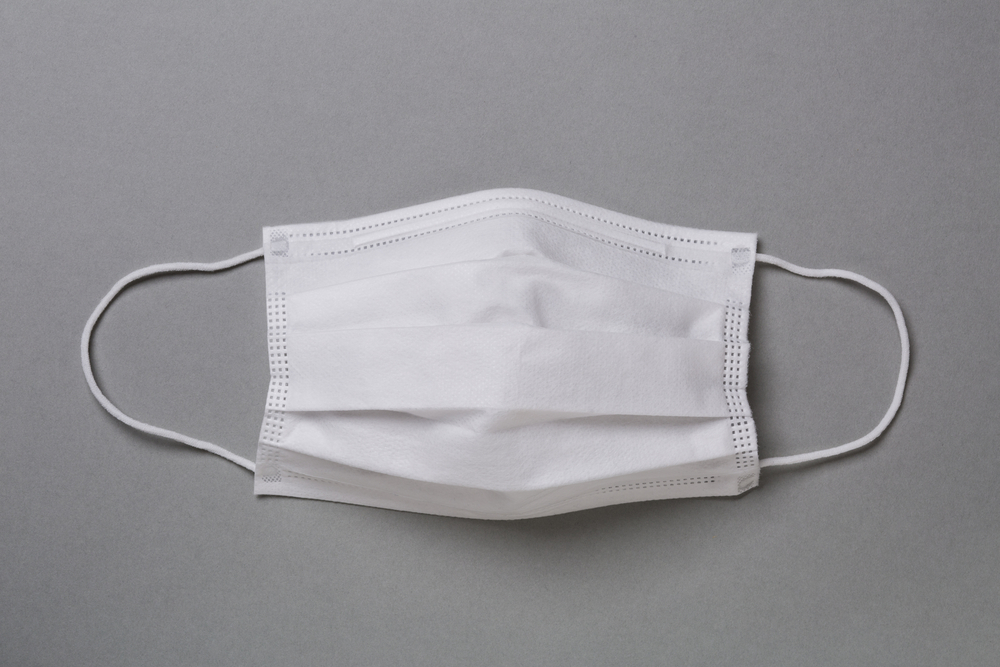IoT requires new security mindset, claims FCC
The FCC's CIO warns that IoT security threats are "infectious diseases"


Companies must treat security breaches like infectious diseases, looking for symptoms before they spread, according to the CIO of the US Federal Communications Commission, David Bray.
Speaking at Cloud World Forum in London last week, he warned businesses they should change the way they view security as the amount of data in the world grows to an unimaginable volume.
"By 2022, there will be more data on the planet than all human eyes will see in the course of a year," he said, highlighting the amount of traffic the internet hosts - including 204 million emails, four million Google searches and 2.4 million Facebook uploads every minute.
The same is true of malicious traffic, according to McAfee, with more than 200 new threat vectors identified per minute.
Similarly, FireEye reportedly discovers a new piece of advanced malware every three minutes.
According to Bray, there are now 14 billion connected devices across the world. He claims that by 2022, there could be "anywhere between 75 and 300 billion".
In order to deal with this ever-expanding threat landscape, Bray advised companies treat security breaches like infectious diseases.
Get the ITPro daily newsletter
Sign up today and you will receive a free copy of our Future Focus 2025 report - the leading guidance on AI, cybersecurity and other IT challenges as per 700+ senior executives
Rather than focusing on individual malware signatures, the emphasis should instead be on "signs, symptoms and demographics", and preventing the spread within the broader community.
People must also be aware of threats outside the logical attack pattern - while threats can be delivered in mere milliseconds, he claimed, these are far from the only dangers.
"What I'm much more worried about is not the fast attack, but the attack that sends three or four packets a month that by themselves are benign, but if you pile them up over a period of twelve months, have now constructed something behind my firewall that is a lot worse," he said.
He closed with a warning that this rapid acceleration of connections and devices is going to continue, along with the attendant growth in risks.
"The future is going to surprise us," Bray said. "We need to start thinking about how we actually prepare for it now".
Adam Shepherd has been a technology journalist since 2015, covering everything from cloud storage and security, to smartphones and servers. Over the course of his career, he’s seen the spread of 5G, the growing ubiquity of wireless devices, and the start of the connected revolution. He’s also been to more trade shows and technology conferences than he cares to count.
Adam is an avid follower of the latest hardware innovations, and he is never happier than when tinkering with complex network configurations, or exploring a new Linux distro. He was also previously a co-host on the ITPro Podcast, where he was often found ranting about his love of strange gadgets, his disdain for Windows Mobile, and everything in between.
You can find Adam tweeting about enterprise technology (or more often bad jokes) @AdamShepherUK.
-
 CyberOne appoints Microsoft’s Tracey Pretorius to its advisory board
CyberOne appoints Microsoft’s Tracey Pretorius to its advisory boardNews The threat intelligence leader will provide strategic guidance to CyberOne’s executive team
By Daniel Todd
-
 CISA issues warning in wake of Oracle cloud credentials leak
CISA issues warning in wake of Oracle cloud credentials leakNews The security agency has published guidance for enterprises at risk
By Ross Kelly